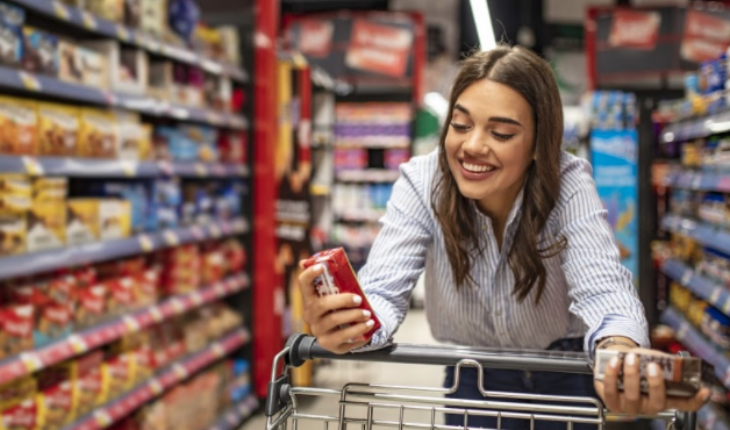Previously, it was common to see in the supermarket aisles consumers – mostly housewives – who made a rapid divide between the price of the product and the content in grams or liters to know which one was cheaper and thus decide to buy it. It didn’t matter where it would end up and whether the manufacturer supported any cause… this situation is changing and now the purchase decision depends on other factors.
And they are precisely the millennials those who are at the forefront of this change in consumption patterns, because now it is not enough to generate quality products or at a competitive price, because for someone to decide to throw it into their super cart (real or virtual) they need to be backed by companies that do something to solve the economic, environmental and social challenges of the world.
According to the Global Millennial 2019 study, conducted by Deloitte, in which they surveyed 13,416 young people who were born between January 1983 and December 1994 in 42 countries- including Mexico – 83% of this sector of the population believes that business success should be measured in terms of more than just financial performance.
This sector of the global population recognizes that for corporations profits are necessary and priority, however, they must seek a balance with objectives such as making a positive impact on society and the environment; create innovative ideas, products and services; generate employment, professional development and an improvement in people’s lives, as well as emphasize inclusion and diversity in the workplace.
Another finding of this study is that 91% of millennials would change brand consumption for those who lead a cause they feel identified in, and also that 84% of consumers say they prefer responsible products.
Moreover, 38% of millennials have severed their relationship with one or more companies because they have felt a negative impact on it.
Smiling young family purchasing tinned food at grocery shop
And although this generation is the one that sets the tone in a new way of consuming that forces companies to modify many of their processes and products, it is not a proprietary phenomenon of those born between 1983 and 1994, because in Mexico, 43% of the inhabitants in general are available you will change your brand and even pay more for a sustainable product, according to Kantar Worldpanel’s Green Thermomenter study.
The good news for businesses is that, according to Deloitte’s study, millennial consumers are loyal to those who address issues such as environmental protection.
“By ensuring that business strategy incorporates plans to respond to the needs of society and recognizes the personal and social concerns that matter most to millennials, businesses can re-engage younger generations and inspire loyalty,” the consulting firm’s report states.
According to Deloitte, new generations want to have a relationship with those brands and products that care about environmental issues or generate positive social impact in the community.
While kantar media’s study ensures that purposeful brands grow twice as fast as those that only work on the usefulness of the product.
So, the medicine for this diagnosis suggests that it is increasingly important that brands play an active role as agents of change, as millennials are increasingly aware of the positive difference they can make with a purchase decision.
With this, companies, especially those with global impact, are changing the way they do business, as well as redesign and redefine their production processes, in order to create brands in tune with the problems that concern young people.
This requires innovation applied to the creation of new products, the promotion of changing habits for the benefit of the consumer and the development of a circular economy that extends the life of the materials.
And there are companies that have long since worked in this direction and discovered that flagging causes is also a good business. Unilever, a global consumer goods company, for example, has 28 purpose-built brands worldwide, which, in 2018, grew 69% faster than the company’s other brands and accounted for 75% of Unilever’s global growth.
This shows that leaving white clothes or making rich foods is no longer enough, companies must increasingly engage in the causes of their consumers.





